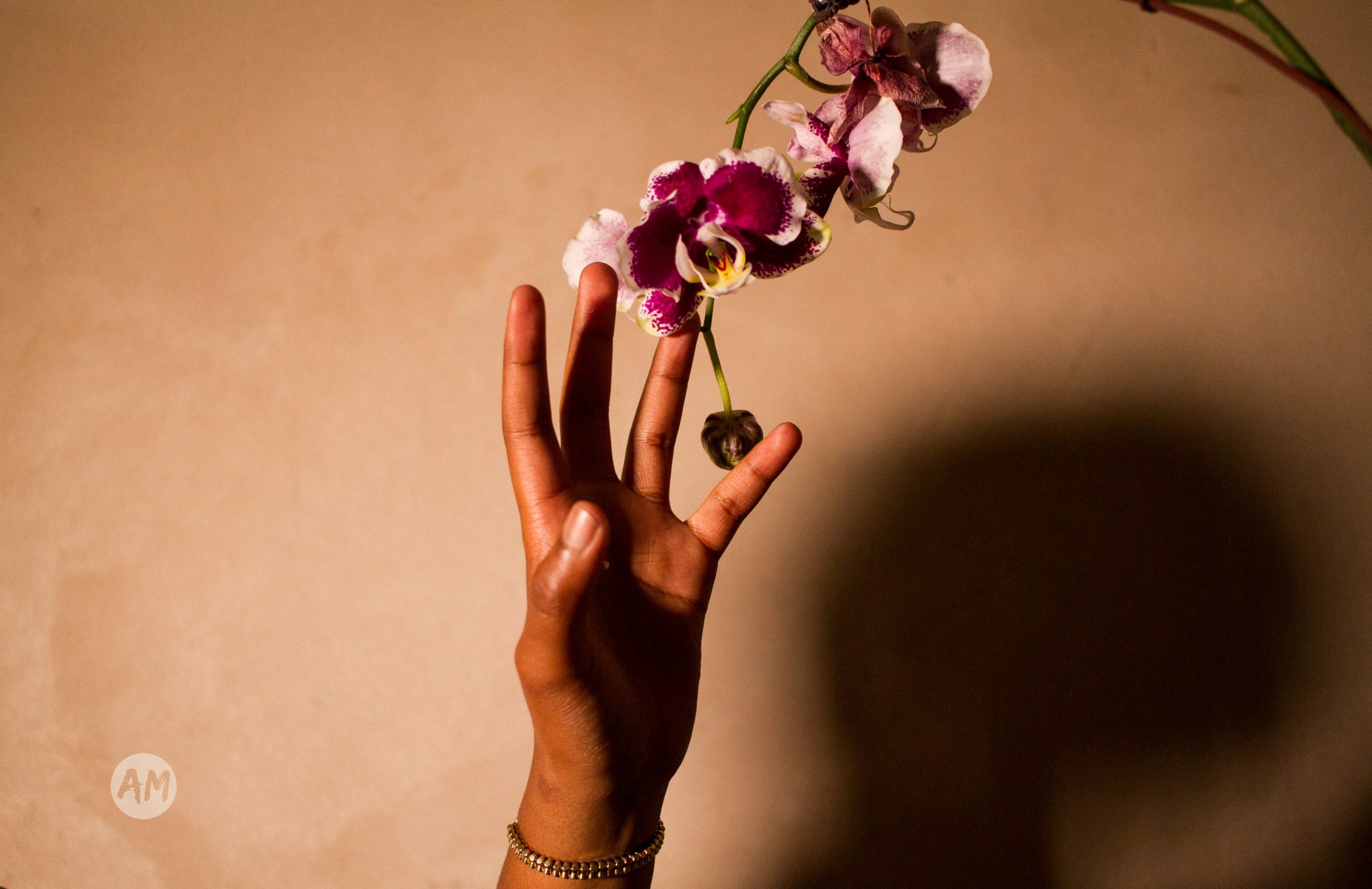Written by Oluwaseun
More investigation on sexual harassment in the workplace is necessary for public administration studies. The majority of research on sexual harassment approach women as a homogenous group, and because white women are overrepresented in samples, the results typically reflect the experiences of white women, despite the fact that black women make up one of the largest subpopulations in the military. Utilizing information from a comprehensive and representative poll of military personnel, we discover that in 2018, 17.9% of black women in the military reported experiencing sexual harassment.
Reasons why most veterans do not share their experiences of gender-based violence
More and more women are enlisting in the US military. Nowadays, women make up around 15% of the military’s active duty personnel. Also, there are 2.2 million female veterans living in the United States. These figures are anticipated to increase further. In actuality, the category of veterans with the fastest growth rate is women. Women who bravely choose to enlist in the military gain access to special training and opportunities, but they also run a higher chance of experiencing violence and trauma than men do.
Veterans who are women must balance the demands of active duty with caregiving responsibilities, interpersonal violence, and sexual and racial harassment at employment. Women may be forced to pursue “premature separation” from the military due to these gender-related hurdles, which could lead to forfeiting veterans’ benefits after returning home. However, because the military did not sufficiently prevent and handle the sexual abuse that service members faced, they may be prohibited from obtaining civil or constitutional remedies against the military in federal (civilian) courts.
Organizations helping with this issue
- Young Women Christian’s Association (YWCA)
Since World War I, when the YWCA and other women’s organizations pushed for a women’s military corps, the organization has aided service members and their families. When the first Women’s Auxiliary Corps (WACS) was established during World War II, the work paid off.
Soon afterwards, six national organizations, including the YWCA, established the United Service Organizations (USO). Almost 4,000 war veterans and their families get emergency housing, healthcare, career training, and counselling each year at YWCA locations around the nation. And that number will keep rising. The number of homeless women veterans has more than doubled over the past ten years. YWCA housing serves as a lifeline for returning servicewomen as they adjust to civilian life, recover from PTSD, and take care of their families and selves.
- Protect Our Defenders
The leading national human rights organization, Protect Our Defenders (POD), works to counteract the culture that has encouraged sexual assault, victim retribution, misogyny, sexual prejudice, and racism in the military.
They support, commemorate, and give voice to those who have endured sexual abuse in the military. They also advocate for change to guarantee that all service members have access to a just, impartially administered system of justice as well as a safe, respected workplace free from racism and misogyny.
Black Women in the United States military share their experiences
When speaking with Ashley, she said “The mistreatment of people of color especially women of color is ridiculous. I have been dehumanized in every way possible. From my sexuality–I am a gay woman–to my skin, my identity, to my weight, and more. The army is not a safe space. It is a toxic one that needs reform. I have suffered sexual assault at the hands of men and women repeatedly and my complaints slip through the system; I never got my justice. I was never supported at home or within the military and I never got any support. It took nearly ending my life to get some type of peace to keep me going to the end. Most people will ask why I don’t just quit, but the system doesn’t allow that. I can’t quit or get fired, I am in a legally binding contract to my pain.”
She added that “When I started filing my complaints against the sexual assaults and racism I was experiencing, I was blackmailed, framed, and lied to by multiple people I worked with. They tried to kick me out and strip me of my benefits, but I had one co-worker – a black woman *SSG – who was raped and she told me to fight. So I did. This caused an uproar with law enforcement investigators, *SHARP, and my unit as well. I went through this mistreatment for five years and I became so mentally exhausted, but I was later checked into a mental institution and I am in a better place now.”
Interviewing Nova, she shared her experiences: “I have been called the most degrading names since I stepped into this place. During the COVID-19 pandemic, I was not given sustenance unless I performed some sexual favors to the men who were in charge. It is a rotten system where I fear for my life every day. This was meant to be a service to my country, an option I took because I had no other choice, but I regret it every day. I am stuck in this place filled with the most depraved and uncouth men, and no one is willing to listen. I was told by my colleagues not to file for mistreatment but I will. There’s a group of us undergoing the same thing and we will not be silenced.”
Conclusion
The United States Military is a terrible place for women of color to be in. There needs to be a reform and it needs to be done as soon as possible. More agencies should be created to help women who fall in this category of being harmed or assaulted based on the color of their skin or their gender. Racism, homophobia, bullying, ostracization and sexual assault should be rewarded with heavy punishment so as to serve as a deterrent to other officers.
*SSG – Staff sergeant
*SHARP – Sexual Harassment Assault Response Prevention







